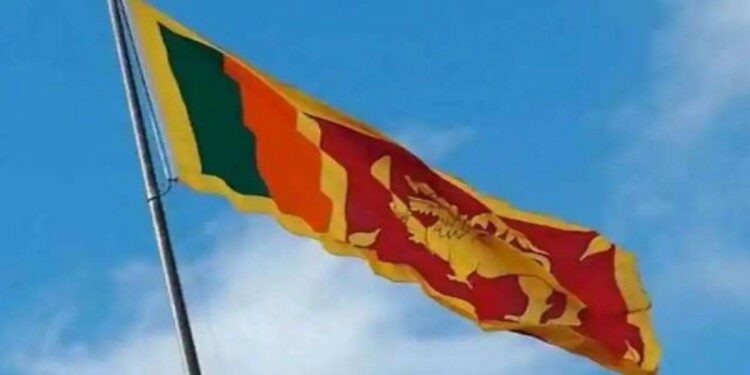In news– Recently, Sri Lanka’s new Prime Minister has said that the 21st Amendment to the Constitution to curb the presidential powers will be discussed with the Attorney General’s Department so that it can be submitted to the Cabinet for approval.
About 21st Amendment to the Constitution-
- The 21st Amendment is expected to annul the 20th Amendment, which gave unfettered powers to President Gotabaya Rajapaksa after abolishing the 19th Amendment, a provision that had made the Parliament powerful over the president.
- The amendment is likely to reduce the Presidency to a ceremonial position, retaining the powers of the President on all three armed forces while handing over almost all other key powers pertaining to governance, and cabinet ministers to the Prime Minister.
- There are two proposed amendments in the form of Private Member’s Bills, that look at transferring powers of making key appointments from the President to the Constitutional Council.
- Both proposals agree that the Council should comprise of both MPs and citizens not affiliated to political parties.
- Additionally, the President would be required to act on the Prime Minister’s advice to determine the scope and functions of ministries and appoint ministers, deputy ministers and state ministers.
- The two proposals, however, differ on the way the President will hold over the Parliament.
- According to the new proposal, the President will be elected by the Parliament for a term of five years and can be removed by a no-confidence vote.
- The President will also lose the power of dissolving a Parliament session at will.
- The second proposal, on the other hand, allows the President to dissolve or prorogue the Parliament at any time after 2.5 years of its first sitting.
- It also calls for the establishment of a National Security Council to formulate policy and monitor implementation of policy relating to national security and the Council will be chaired by the Prime Minister.
- Additionally, the Bill proposes amending Article 70 to allow the parliament to pass resolutions by majority vote to dissolve the parliament before its term expires.
What was the 19th Amendment?
- The enactment of the historic 19th Amendment in April 2015 was rushed by the then Prime Minister Ranil Wickremesinghe.
- It had removed the powers of the President to sack the Prime Minister at his discretion.
- By amending the Articles 46 (2) and 48 of the Sri Lankan constitution, the cabinet ministers could have been dismissed only if the Prime Minister ceased to hold office by death, resignation or otherwise, or only if the Parliament reject a statement of government policy or the budget or if the parliament passes a vote of no confidence against the Government.
- The amendment also restricted the President’s powers to dismiss Cabinet ministers as he was required to act on the advice of the Prime Minister.
- A major criticism against the amendment, however, was that it was rushed by the then PM Wickremesinghe for his selfish needs, and without following the due process.
What was the 20th Amendment?
- The 20th Amendment to the Constitution passed in October 2020 was also controversial.
- The 20th amendment (20A), which replaced the 19th Amendment (19A), had again enhanced the executive powers of the President in an unprecedented way besides abolishing the independent constitutional council for a Parliamentary Council.
- It had passed a controversial clause that gave electoral rights to dual citizens.
- Passed with a two-thirds majority, the criticisms on 20A were more severe as it was observed as one that could derail the balance between the legislature, executive and judiciary by centralising maximum powers into the hands of one individual.
















